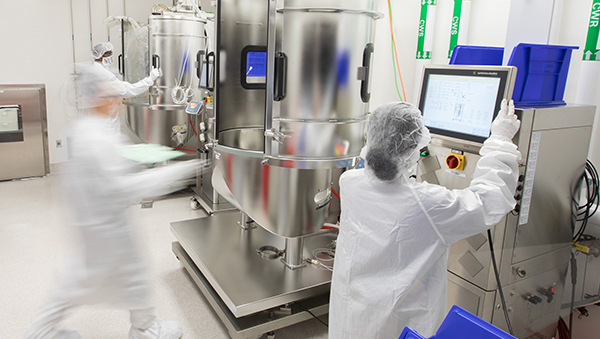At Astellas Gene Therapies, our mission is to develop genetic medicines with the potential to transform patients’ lives. Today, we are boldly forging the future of gene therapy by conducting investigational research in
X-Linked Myotubular Myopathy (XLMTM), Pompe disease, Friedreich ataxia (FA), and
Myotonic Dystrophy Type 1. As part of our commitment to the patients and families we serve, we are constantly seeking to deepen our understanding of the lived experience of those affected by genetic disorders in order to provide access to information and resources that could be helpful to the communities we support.
Our Patient Partnerships Team is dedicated to bringing patient expertise into all aspects of our development programs. Our priority is to weave patient and caregiver perspectives into the fabric of all that we do on a day-to-day basis. And we advocate for patients and families with the commitment, dedication and passion that it takes to be sure that our whole organization is doing what is best for patients.
Not an actual patient
XLMTM
X-Linked Myotubular Myopathy (XLMTM) is a serious rare, genetic condition that affects skeletal muscles leading to severe muscle weakness (hypotonia) and profound respiratory distress, often requiring invasive ventilation support. XLMTM is a monogenic disorder, caused by pathogenic variants in the MTM1 gene, resulting in absent or dysfunctional myotubularin protein.
Not an actual patient
Pompe disease
Pompe disease is a rare, inherited disorder characterized by progressive muscle weakness and respiratory impairment. It is caused by acid alpha-glucosidase (GAA) enzyme deficiency resulting from variants in the GAA gene. Absence or deficiency of GAA results in accumulation of glycogen in the lysosomes of all cells in the body.
Not an actual patient
Friedreich ataxia (FA)
Friedreich ataxia (FA) is a rare, multisystem autosomal recessive disease, which most often presents in childhood or in young adulthood. Clinical characteristics include progressive ataxia (a loss of muscle control and balance), spasticity (extreme muscle tightness and prolonged contractions), and cardiomyopathy.
Not an actual patient
Myotonic Dystrophy Type 1
Myotonic dystrophy type 1 (DM1) is a rare, genetic, neuromuscular disease that affects multiple organ systems with symptoms ranging from myotonia and muscle weakness to cardiac and respiratory dysfunction, excessive sleepiness, and intellectual disability.
If you are interested to learn more about the drug development process and clinical trials for gene therapy treatments, please see the "Our Pipeline" page.
Check us out on Social
At Astellas Gene Therapies, we prioritize patients and those important to them.
See below for our latest communications












